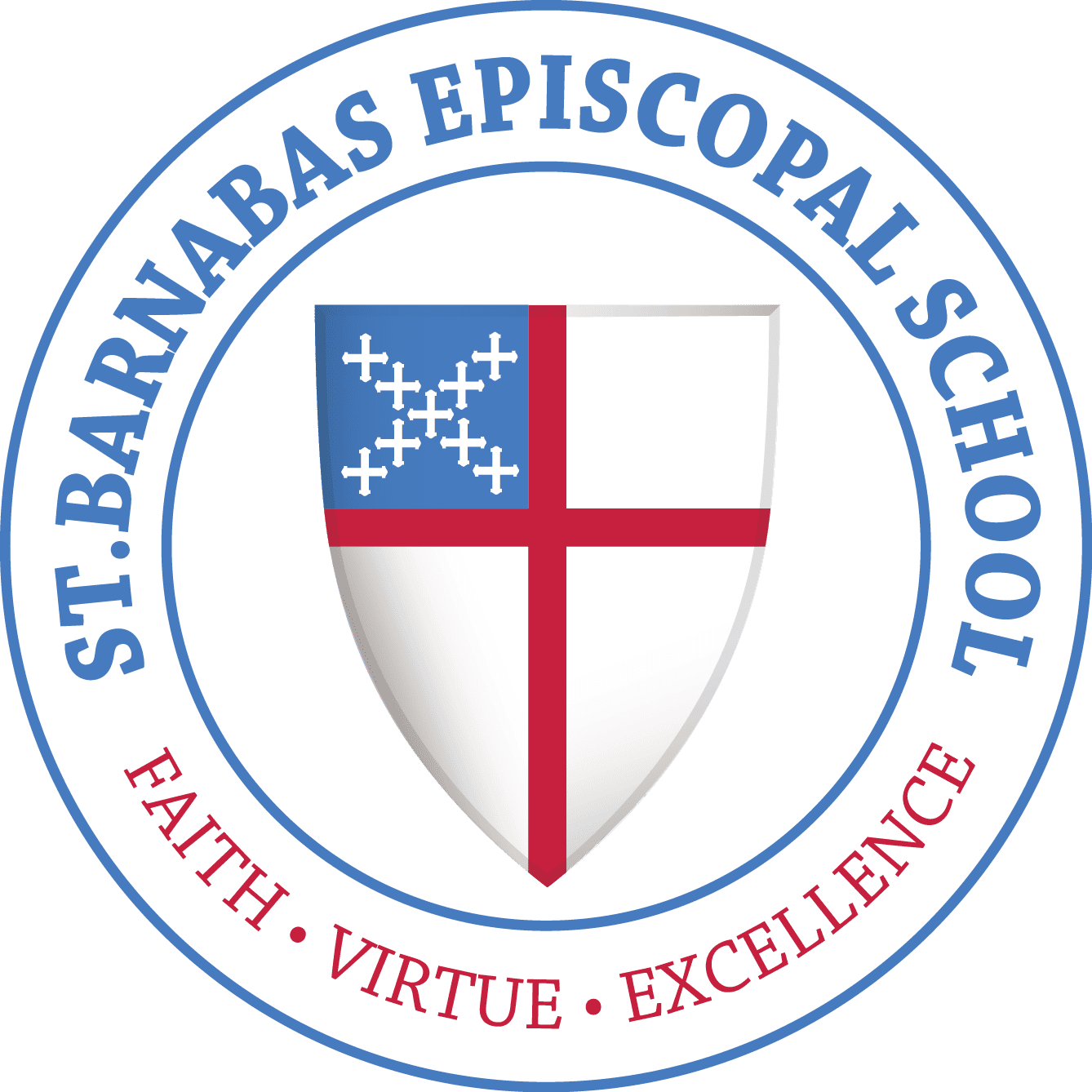How Does It Work?
PBL works differently depending on the teacher, subject, and learning levels of individual students. Generally, PBL involves students working for an extended period of time on investigating and responding to a complex question or challenge. These projects create skills that are applicable in the real-world, such as problem solving and communication skills, and it serves to forge creativity and curiosity in students, particularly when coupled with student choice.
Many of its current applications are inspired by Google’s Genius Hour. Years ago Google implemented a policy that allowed employees to spend 20% of their time working on any pet project they wanted, regardless of whether or not it applied to their specific job description. Many of Google’s projects have come from this time of innovation and creativity, and PBL seeks to provide this same freedom of exploration to students.
Is My Student Actually Learning?
The word “project” can bring to mind science fair and social studies projects that, stereotypically, end up getting taken over and completed by parents, thereby negating any learning that’s supposed to take place for the student. The difference is that PBL involves students spending class time working on these projects cooperatively with each other.
They’re learning how to research;
- Where to find information
- How to decide if it’s credible
- Determining if the author of the information is biased
- Deciding if the information applies to the question being asked or the problem that’s being solved
They’re learning communication skills;
- Working cooperatively with others
- Clearly articulating questions
- How to answer questions completely
- Respectfully disagreeing with others and how to have an open dialogue
Teachers all over are implementing PBL and Genius Hours, but the benefit of a private school education is that our teachers are provided with an environment that allows them to give their students the freedom to be creative and follow their passions.
At St. Barnabas our goal is to foster a lifelong love of learning in your student, and project based learning is just one of the many ways that we work towards this goal.
Our mission is to challenge each student in a supportive environment that promotes academic excellence and sound moral values within a framework of God’s love.
